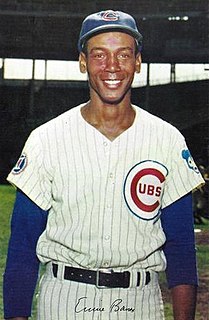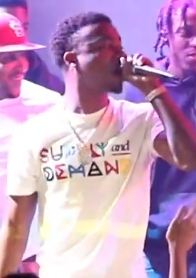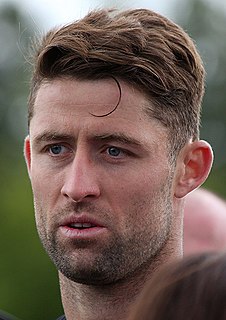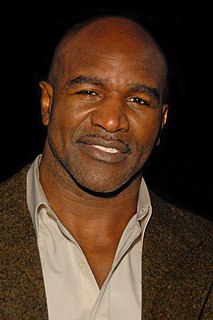A Quote by Cab Calloway
Related Quotes
It was about 105 degrees in Chicago. And that's a time when everybody gets tired. I came into the clubhouse, and everybody was sitting around, and I said, 'Beautiful day. Let's play two!' And everybody looked at me like I was crazy. There were a couple of writers around, and they wrote that, and it stayed with me.
I was raised in California during the Second World War and into the '50s and everything was fine, everything was great. The sun always shone, everybody looked healthy and wore ties and smoked in restaurants, and there were cars for everybody - except us, because I came from a lower class neighbourhood. But [in France] I realised there was a different point of view, so when I came back to America a year and a half later I was much more focused on my own country culturally and politically.
Where do I get my ideas from? You might as well have asked that of Beethoven. He was goofing around in Germany like everybody else, and all of a sudden this stuff came gushing out of him. It was music. I was goofing around like everybody else in Indiana, and all of a sudden stuff came gushing out. It was disgust with civilization.


































